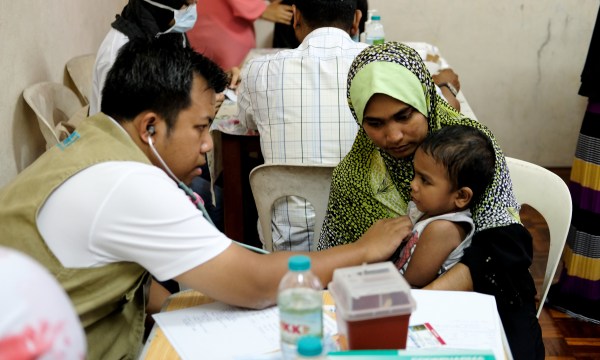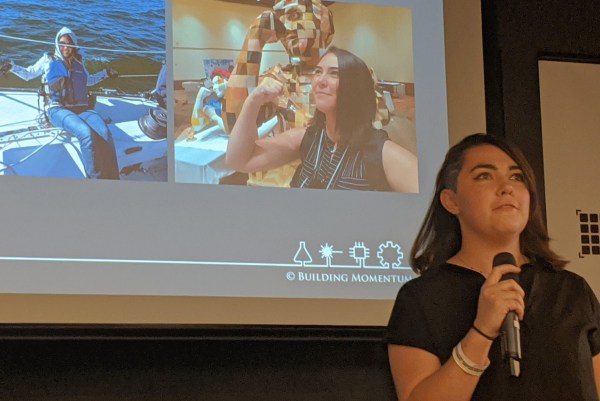Join us on Wednesday, January 29 at noon Pacific for the Open-Source Medical Devices Hack Chat with Tarek Loubani!
In most of the developed world, when people go to see a doctor, they’re used to seeing the latest instruments and devices used. Most exam rooms have fancy blood pressure cuffs, trays of shiny stainless steel instruments, and a comfortable exam table covered by a fresh piece of crisp, white paper. Exams and procedures are conducted in clean, quiet places, with results recorded on a dedicated PC or tablet.
Such genteel medical experiences are far from universal, though. Many clinics around the world are located in whatever building is available, if they’re indoors at all. Supplies may be in chronically short supply, and to the extent that the practitioners have the instruments they need to care for patients, they’ll likely be older, lower-quality versions.
Tarek Loubani is well-versed in the practice of medicine under conditions like these, as well as far worse situations. As an emergency physician and researcher in Canada, he’s accustomed to well-appointed facilities and ample supplies. But he’s also involved in humanitarian relief, taking his medical skills and limited supplies to places like Gaza. He has seen first-hand how lack of the correct tools can lead to poor outcomes for patients, and chose to fight back by designing a range of medical devices and instruments that can be 3D-printed. His Glia Project has free plans for a high-quality stethoscope that can be built for a couple of dollars, otoscopes and pulse oximeters, and a range of surgical tooling to make the practice of medicine under austere conditions a little easier. Continue reading “Open-Source Medical Devices Hack Chat”












